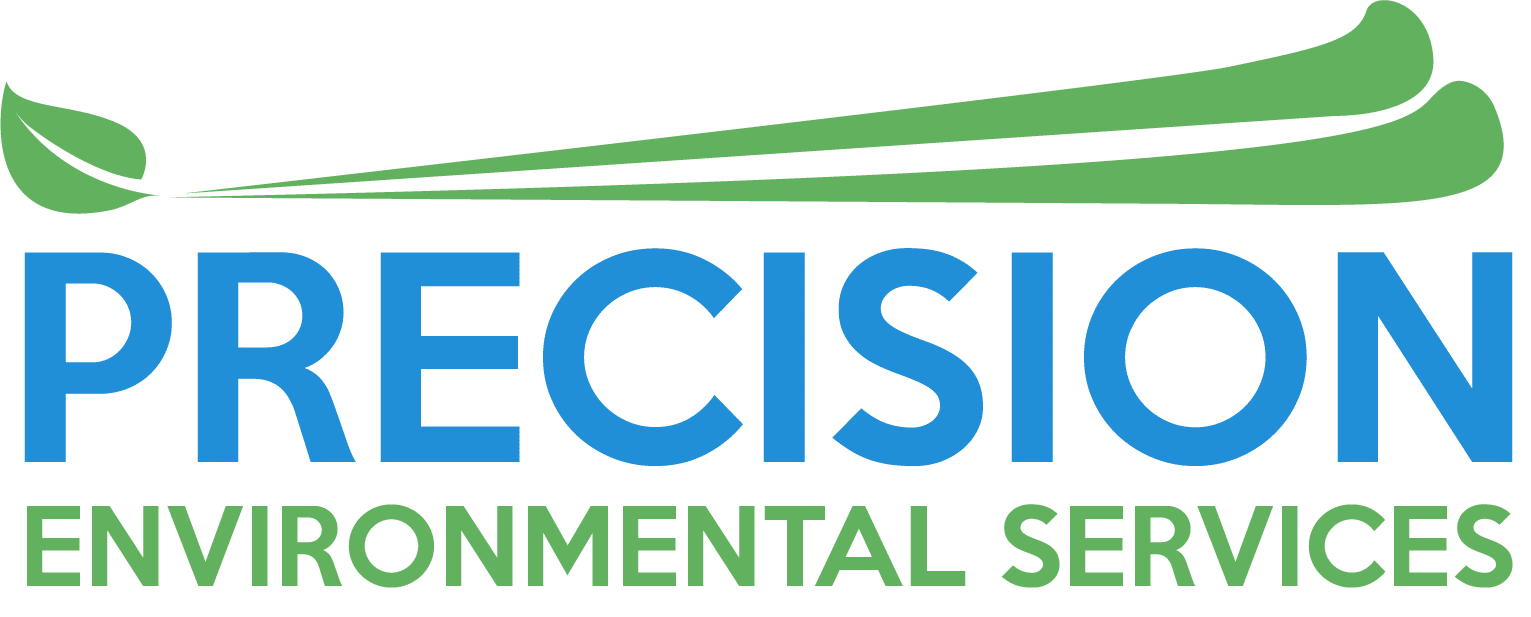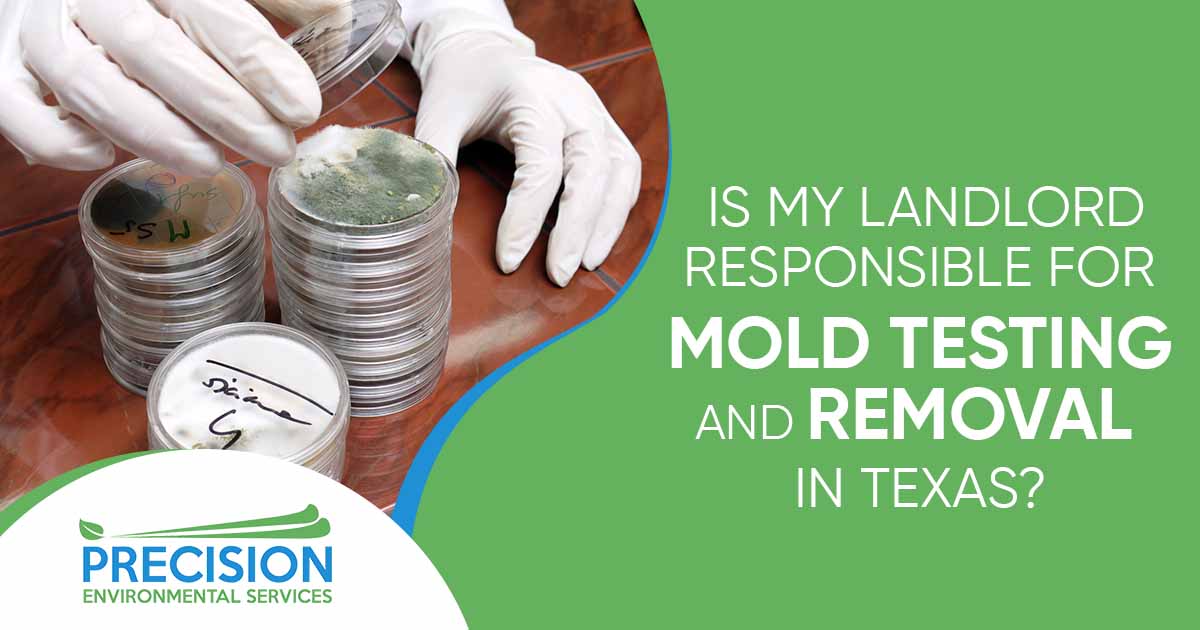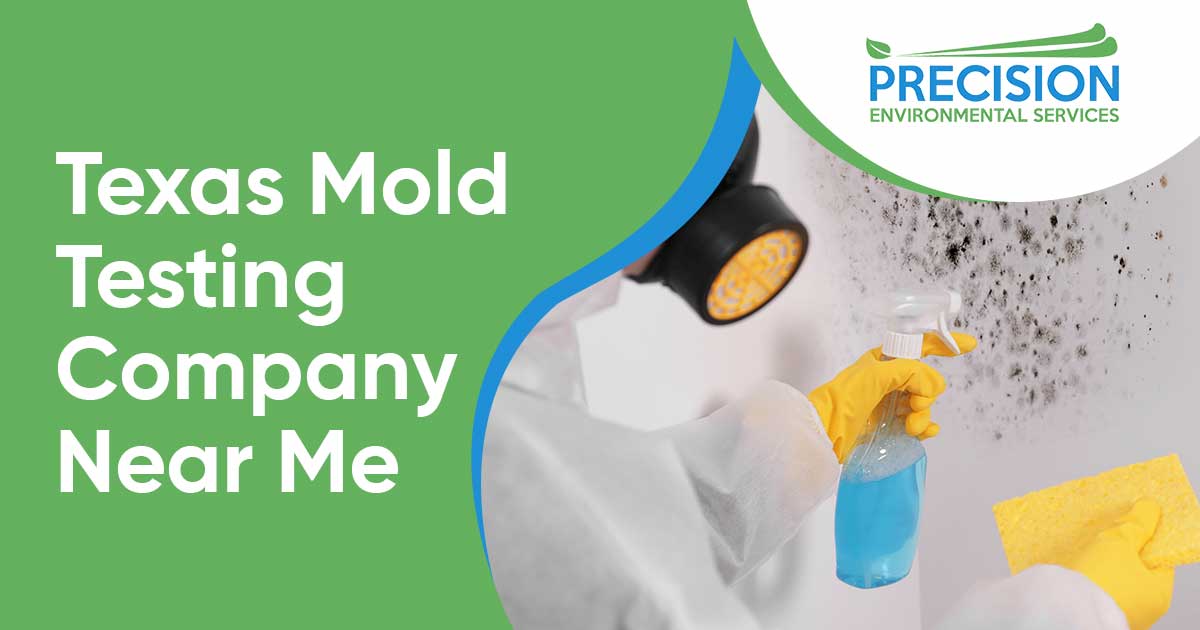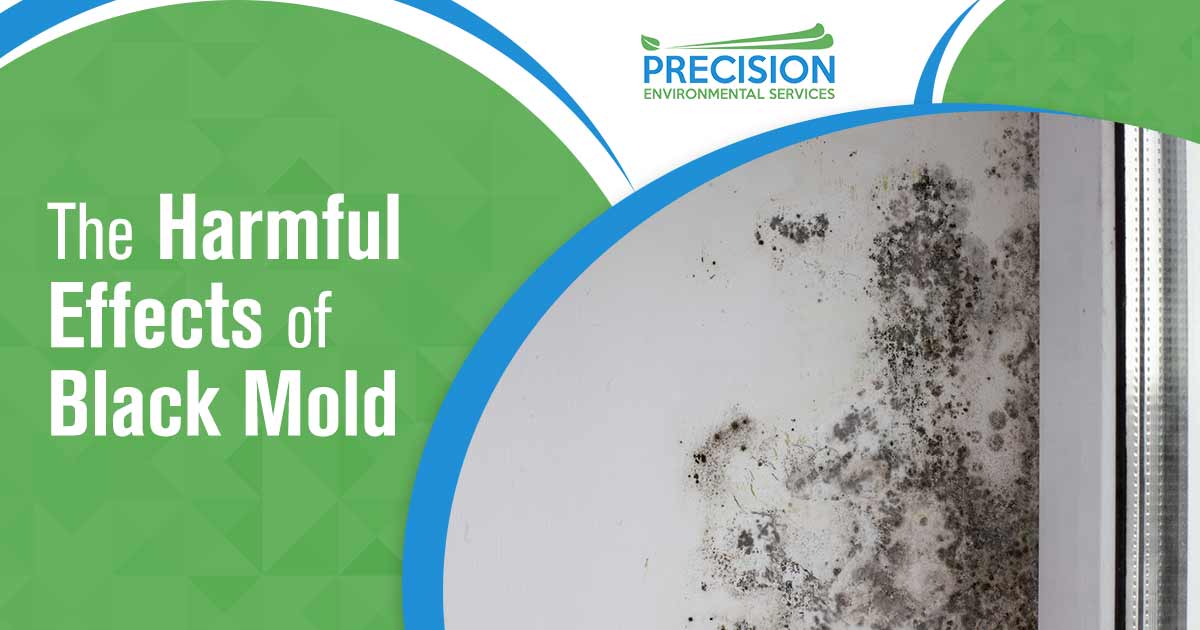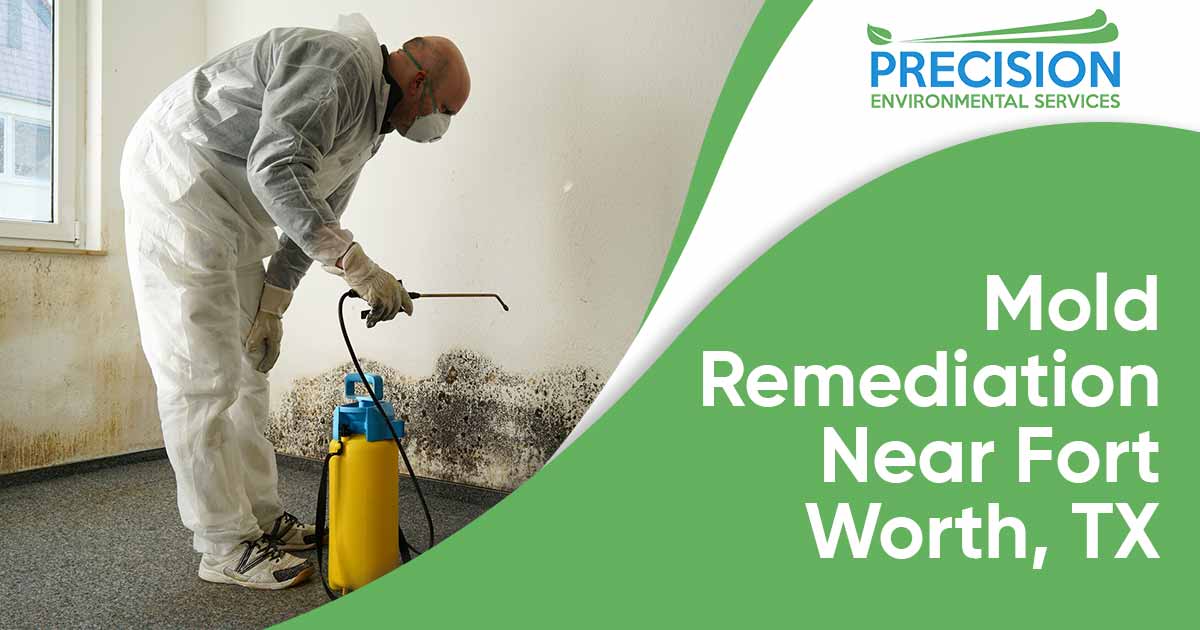While Texas doesn’t have laws explicitly addressing a landlord’s responsibilities for mold testing and removal, fixing mold problems in rental homes falls under Texas laws related to repairs.
The Texas Property Code requires landlords to address and repair certain conditions (e.g., mold) that may affect a tenant’s physical health and safety.
Mold and Renter’s Rights in Texas
If a renter didn’t cause the mold problem, these Texas renter’s rights apply:
- If a landlord refuses to remove the mold, a Texas tenant can terminate their lease and move out.
- The tenant can hire a contractor to remove the mold and deduct the cost from their rent. (This option is only available in certain circumstances.)
- Other possible remedies depend on the terms of the rental agreement.
- The renter can file a lawsuit against their landlord in a Texas court.
- The renter may obtain a court order requiring the landlord to remove the mold.
Texas courts recognize two self-help strategies that can help tenants who experienced a mold outbreak on a rental property when the landlord isn’t taking care of repairs promptly.
- Rent withholding: A tenant claims the mold in the rental home makes the dwelling unlivable and stops paying their rent.
- Repair and deduct: A tenant chooses to do the mold cleanup themselves and removes the cost from their rent.
Mold Testing and Removal FAQs for Renters:
Is it obligatory for a landlord in Texas to eliminate mold from a rented property?
The Texas Property Code (§92.056) requires a landlord to address and repair conditions that “materially affect the physical health and safety of an ordinary tenant.”
A Texas landlord is required to “make a diligent effort” to fix a problem if all of the following are true:
- The tenant didn’t cause the condition (e.g., mold), the tenant’s family, or the tenant’s guests, and
- The landlord (or property management company) was given proper written notice of the condition, and
- The tenant isn’t delinquent or behind on rent payments when they give the landlord notice to repair or remedy a condition.
- The issue affects an ordinary tenant’s physical health, safety, and/or overall well-being.
What is the duration within which a landlord must eliminate mold from my apartment or house?
The timeframe hinges on the method of notification to the landlord for repairs or solutions, along with the specifics of the issue and its resolution.
A Texas landlord has a reasonable amount of time to remove mold after receiving notice from the tenant if:
- The tenant used certified mail, return receipt, or other method with tracking to send the notice or
- After waiting a reasonable amount of time after sending the first written notice to their landlord, the tenant sent a second written notice.
If you sent the first notice by certified mail or other method with tracking, a second notice isn’t required.
What is considered a reasonable amount of time to repair or remedy a problem?
Usually, seven days is considered reasonable, but exceptions to the timing to complete a repair can apply if the damage to the rental property was an insured casualty loss.
A Texas court might consider a different length of time to be reasonable based on:
- the date the notice was received by the landlord;
- the severity and nature of the condition, and
- the reasonable availability of materials, labor, and access to utilities.
What can I do if my landlord declines to eliminate the mold in my apartment or house?
If your landlord declines to address a dangerous mold issue in your home or apartment, consult a lawyer specializing in landlord-tenant matters before proceeding with any of the following options:
- end your lease and move
- file a lawsuit against the landlord in court
- hire a contractor to repair the mold and deduct the repair cost from your rent
Additional resources include:
- apartment and consumer organizations
- the city or county building code official
- the local health department
- the public housing agency for your city or county (if you live in public housing)
Can I remove the mold and reduce the rent I pay my landlord that month?
It’s not recommended to do this without a lawyer’s advice. The repair and deduct method isn’t automatic and, if allowable, will only reduce a future rent payment.
If you want to have mold removed from your rental home and your landlord is refusing to remove it, you must either (1) obtain a court order that requires your landlord to remove the mold or (2) follow the repair and deduct rules spelled out in Texas Property Code (§92.0561):
- Limit the rent deduction for the cost of repair in any given month to the greater of one month’s rent or $500 (for unsubsidized rent),
- Limit the rent deduction for the repair cost in any given month to the greater of the fair market value of one month’s rent or $500 (for subsidized rent),
- Permit a tenant to execute repairs and deduct expenses only when the landlord is required to address the issue and
- Only allow the tenant to repair and deduct if the tenant didn’t waive their right to the repair in an enforceable provision in the lease agreement.
An exception exists if the renter and their landlord agree in writing for the renter to repair a condition at the landlord’s expense.
Do I have to have the property inspected for mold removal to be covered by the landlord?
Mold removal can be covered without an inspection if:
- Your landlord has agreed to the mold removal or
- In the absence of an agreement, a court ruling determines that the mold situation significantly impacts the physical health or safety of a typical tenant and permits you to:
- End your lease or
- Get a court order that requires mold removal.
To employ the repair and deduct solution, you need to notify your landlord in writing via the relevant local housing, building, or health authority that the mold situation significantly impacts the health or safety of a standard tenant.
What steps should I take if my health has been affected by dangerous mold?
If your health has been harmed by hazardous mold exposure, talk with a personal injury attorney as soon as possible. Property owners can potentially be held responsible for health effects that you can prove you suffered from hazardous “toxic mold.”
Understanding the Health Impacts of Mycotoxins
Exposure to mold spores can cause allergy symptoms and irritations that can become more severe with repeated and prolonged mold exposure. Mold exposure can worsen asthma and lung problems. Long-term exposure to high mold levels in the home is unhealthy for everyone.
Some molds like Stachybotrys and Aspergillus can produce toxins called mycotoxins. Exposure to mycotoxins can cause more severe illness and can lead to neurological problems and, in some cases, death.
Health concerns caused by mycotoxins include:
- mycotoxicosis (mold poisoning)
- body aches and pains
- headaches
- hypersensitivity pneumonitis (which can become chronic)
- memory loss
- mood changes
- nosebleeds
- respiratory issues
Have Questions About Mold Sampling and Testing?
If you’re looking for a mold inspector for your home or have questions about mold sampling and testing, look no further than Precision Environmental Services. Our professionally trained and certified mold inspection specialists can evaluate your mold issue, advise you on the best way to remove the mold to solve your mold problem and answer your questions.
Texas’s Trusted Mold Remediation Resource
Precision Environmental Services is a premier company that bases its business model on customer health and satisfaction. We offer premium air quality testing, mold testing, and mold remediation services in the Dallas – Fort Worth Metroplex. We’ve proudly been serving the Flower Mound area for years and perform our high-quality services in multiple counties in North Central Texas. If you need assistance with mold testing and removing the mold in your home, contact Precision Environmental Services at 940-597-2673.
